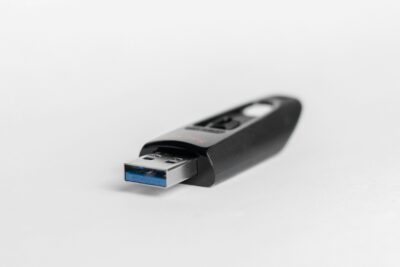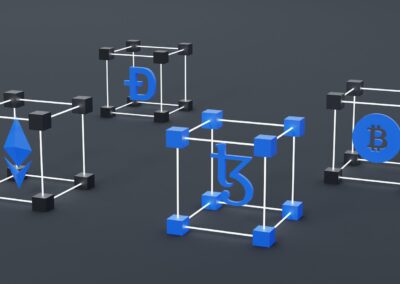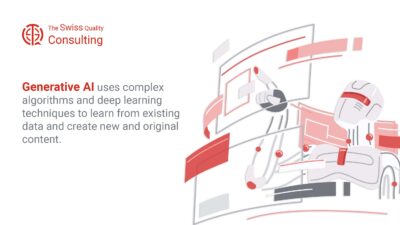Enhancing Media Licensing Agreements with Modern Technology
AI Integration: Streamlining Media Licensing Processes
In the realm of media licensing agreements, the integration of Artificial Intelligence (AI) is revolutionizing how content creators and distributors manage their assets. AI-powered systems can analyze vast amounts of data to streamline the negotiation, execution, and monitoring of licensing agreements. By leveraging AI, parties involved can gain insights into market trends, audience behavior, and content performance, enabling them to make more informed decisions.
One significant advantage of AI in media licensing is its ability to automate repetitive tasks, such as contract review and compliance monitoring. AI algorithms can quickly identify clauses for termination and renewal, ensuring that parties adhere to the agreed-upon terms and conditions. Moreover, AI-driven predictive analytics can forecast future licensing trends, enabling parties to adapt their strategies accordingly and stay ahead of the competition.
Furthermore, AI can enhance the effectiveness of content licensing by personalizing agreements based on individual preferences and usage patterns. By analyzing historical data and user interactions, AI algorithms can tailor licensing terms to maximize value for both content creators and distributors. This level of customization not only improves the efficiency of licensing processes but also fosters stronger relationships between parties, leading to more fruitful collaborations.
Blockchain Technology: Securing Media Licensing Transactions
Blockchain technology is another game-changer in the realm of media licensing agreements, offering unparalleled security and transparency. By recording transactions on a decentralized ledger, blockchain ensures that agreements are tamper-proof and immutable, reducing the risk of disputes and fraud. This is particularly important in the media industry, where intellectual property rights and content ownership are paramount.
Smart contracts, powered by blockchain technology, are automating the execution and enforcement of media licensing agreements. These self-executing contracts automatically trigger actions when predefined conditions are met, eliminating the need for intermediaries and reducing transaction costs. Additionally, blockchain provides a transparent audit trail of all transactions, allowing parties to track the history of content use and licensing transactions in real-time.
Moreover, blockchain technology facilitates the monetization of content through innovative mechanisms such as tokenization and decentralized marketplaces. Content creators can tokenize their intellectual property rights and distribute them as digital assets, enabling fractional ownership and secondary trading. This opens up new revenue streams for creators and provides greater liquidity and accessibility to content investors and consumers alike.
In conclusion, the integration of modern technology, including AI and blockchain, is transforming the landscape of media licensing agreements. By leveraging these technologies, content creators and distributors can streamline processes, enhance security, and unlock new revenue opportunities. As the media industry continues to evolve, embracing technological advancements will be essential for staying competitive and ensuring the efficient and equitable distribution of content.
Conclusion: Embracing Technology for Efficient Media Licensing
As media licensing agreements play a crucial role in the distribution and monetization of content, the integration of modern technology is essential for optimizing these processes. By harnessing the power of AI and blockchain, parties involved in media licensing can streamline negotiations, enhance security, and unlock new revenue opportunities. The era of manual, paper-based agreements is giving way to automated, digital solutions that offer greater efficiency, transparency, and flexibility. Embracing technology is not only beneficial for individual stakeholders but also for the media industry as a whole, ensuring fair and equitable access to content while protecting the rights of creators and distributors.
In conclusion, technology is revolutionizing the way media licensing agreements are managed and executed, paving the way for a more efficient, transparent, and secure ecosystem. By embracing these technological advancements, stakeholders can navigate the complexities of content licensing with confidence, knowing that they have the tools and resources to maximize value and mitigate risks. The future of media licensing is digital, and those who adapt and innovate will be well-positioned to thrive in an ever-changing landscape.
—
#Technology, #MediaLicensingAgreements, #AI, #Blockchain, #ModernTechnology, #BusinessSuccess, #Leadership, #ProjectManagement























